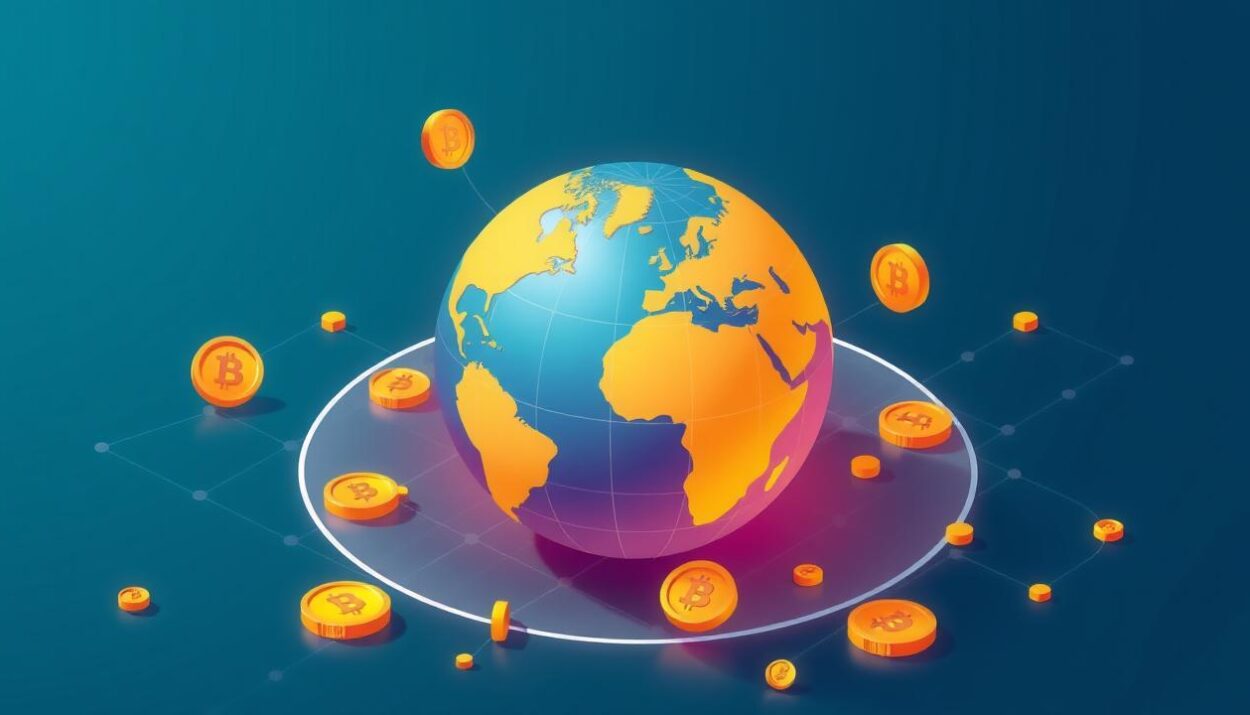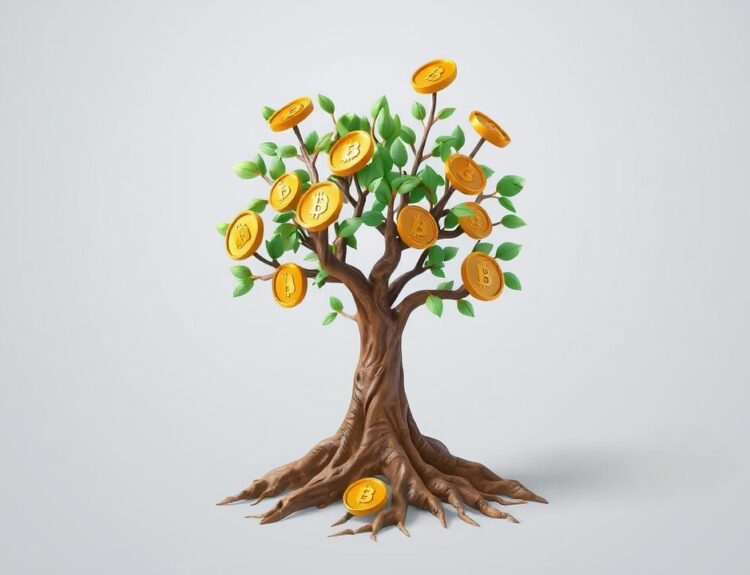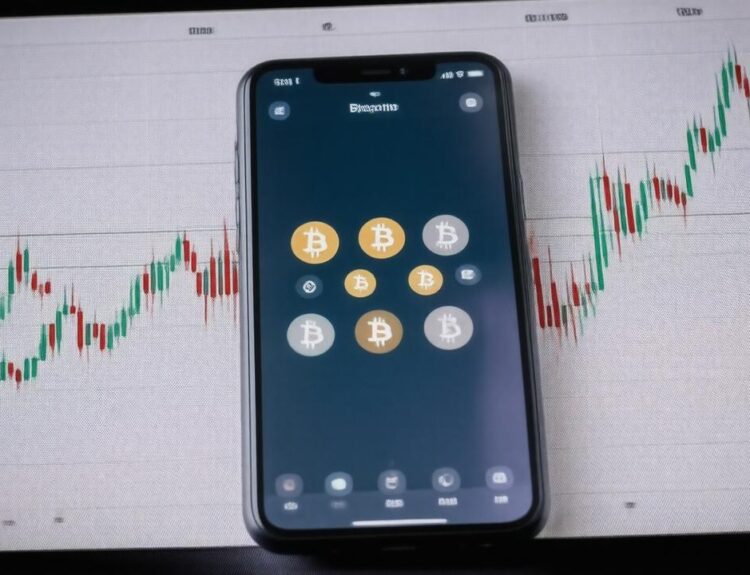Crypto Regulation and Tokenization: What to Expect in 2025
As the world becomes increasingly invested in the future of cryptocurrencies, governments are starting to take a more active role in shaping the industry. In January 2025, Donald Trump signed executive orders regarding crypto and blockchain, marking a significant step towards regulation. But what does this mean for the industry, and what can we expect in 2025?
Regulatory Turning Point: Clarity and Confidence
The creation of a dedicated crypto task force within the SEC and the signing of executive orders are just the beginning. While there are no final regulations yet, the process is underway. The potential repeal of SAB 121 has raised concerns, but it also brings the democratization of the industry. Clear guidelines on what is permissible and what is not will attract more investors, boost public trust, and provide a much-needed balance between regulation and innovation.
Tokenized assets, a broader term that covers the digitization of real assets or rights in the form of tokens on the blockchain, will also benefit from the new regulations. This will accelerate their adoption, providing the confidence needed to reach a potential $50 billion market this year.
Industry-Shaping Factors in 2025
Several factors are shaping the industry in 2025. The viewing of Bitcoin as a strategic reserve is increasing trust and adoption among institutional and retail investors. The executive order established the Presidential Working Group on Digital Asset Markets, which will evaluate the creation of a strategic national digital assets stockpile.
Artificial Intelligence (AI) is becoming a powerful enabler in many areas, including tokenized markets. AI-driven portfolio management could make tokenized assets more accessible to both retail and institutional investors, optimizing investment strategies, minimizing costs, and providing new opportunities in capital markets.
2025 Predictions: Tokenization, AI, and DeFi
As governments explore tokenization, tokenized debt instruments might become popular. Tokenized government bonds could establish new standards for transparency and operational efficiency, redefining how public funds are managed and traded globally.
The use of blockchain AI technology is projected to reach $703 million in 2025. Smart contracts, used to create digital assets, are expected to streamline financial processes, potentially saving $15-20 billion annually in global infrastructure costs.
The integration of DeFi with TradFi will give businesses access to financial services and private markets. The tokenization of real estate, goods, and art will become more popular, allowing ownership to be divided into tradable pieces and increasing accessibility in these markets.
The Broader Impact: Economic Inclusion and Global Change
Tokenization provides individuals with more opportunities and economic inclusion. As we look to 2025, the question is no longer if tokenization will transform financial markets but how deeply it will change the global economy.
Stay up-to-date with the latest news on crypto, blockchain, and finance on Global Crypto News.
“The industry is at a turning point, and 2025 will be a significant year for tokenization and crypto regulation.” – Anton Chashchin, founder and CEO of N7 Capital






















